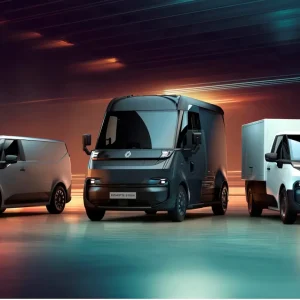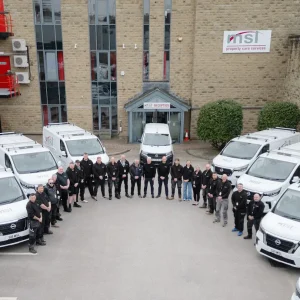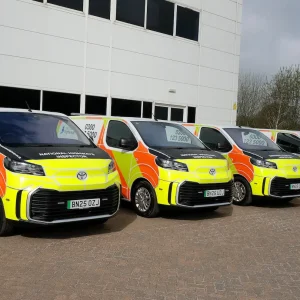Proposed company car taxes for double-cab pick-up trucks have been ditched by HMRC just one week after it announced the decision.
The government made the U-turn on introducing changes to the benefit-in-kind (BIK) taxes to double-cab pick-up trucks after strong dissent from the motor industry and farmers.
On 12 February, HMRC announced new guidelines on company car tax for double-cab pick-up trucks, stating that even vehicles with a payload of more than 1.0-tonne would no longer be treated as commercial vehicles. Consequentially, the company car tax that drivers would pay for owning a double-cab pick-up truck as an employee on a company car looked set to more than quadruple when the new rules were introduced on 1 July 2024.
According to HMRC’s guidance the second row of seats meant that double-cab pick-up trucks could be used for personal use and any new purchases or leases after 1 July 2024 would see the owners having to pay passenger car levels of BIK rather than the standard flat rate for commercial vehicles.
Due to the emissions-based company car tax system pick-up owners could have been paying the top rate of company car tax due to their high CO2 emissions levels. Passenger cars in the top band are taxed on 37% of the value. That means that buyers of a well-appointed £50,000 pick-up would be hit with a tax bill of more than £300 per month compared to the flat rate double-cab pick-up truck owners currently pay of just £65.
In an updated statement on the HMRC double-cab pick-up guidance, HMRC said: “The tax on the benefit-in-kind will now not increase when employers provide these vehicles to their employees; and the capital allowances available in the first year of use will now not be reduced when a business purchases this vehicle for use in their trade.”
Also quoted in the guidance, Nigel Huddleston, financial secretary to the treasury, added: “We will change the law at the next available Finance Bill in order to avoid tax outcomes that could inadvertently harm farmers, van drivers and the UK’s economy.”





